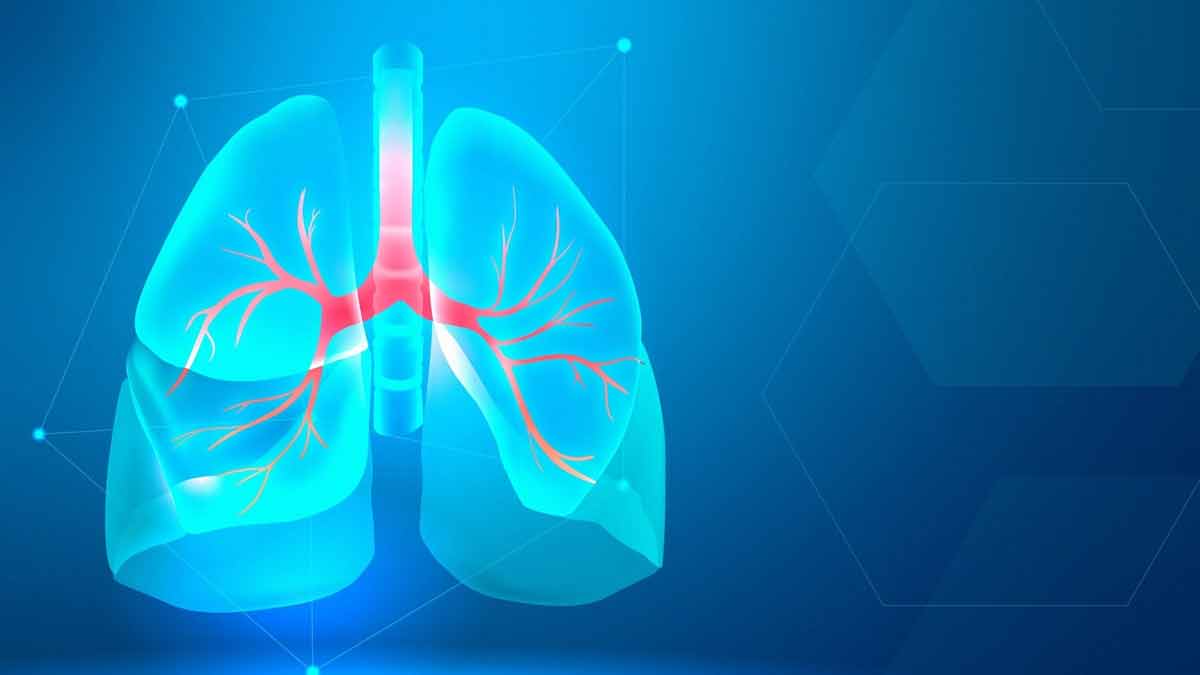
According to the World Health Organization (WHO), lung cancer is the most common cause of cancer death before COVID-19. It accounts for almost 1.8 million deaths globally. It is a well-established fact that smoking increases the risk for a person of lung cancer. As per the Centers for Disease Control and Prevention (CDC), on an average about 15% of lung cancers happen in people who have never smoked or smoked fewer than 100 cigarettes in their entire lifetime.
Table of Content:-
The team of researchers at the Francis Crick Institute (FCI) and University College London (UCL) started looking at ‘never-smokers’ who developed non-small cell lung cancer. They observed that most of these people lived in areas where air pollution exceeded WHO guideline levels.
Air pollution is largely associated with lung cancers in the last two decades. The researchers intentified that PM2.5 triggers inflammation in the lungs which in turn causes lung cells with pre-existing mutations to start forming a tumor inside the skin.
Talking along the line, Dr. Charles Swanton, study group leader, professor of cancer medicine at University College London, principal group leader at the Francis Crick Institute, and chief clinician at Cancer Research UK explains, “Cells with cancer-causing mutations accumulate naturally as we age, but they are normally inactive. We’ve demonstrated that air pollution wakes these cells up in the lungs, encouraging them to grow and potentially form tumors.”

Also read: Reasons And Causes Of Childhood Obesity Explained By Doctor
The researchers started looking at the health data of 4,63,679 people in England, South Korea and Taiwan. Their analysis found that the exposure to PM2.5 pollution is correlated with global lung cancer risk in never-smokers. After identifing the correlation between air pollution and lung cancer, the researchers then set out to establish causation through laboratory studies on mice.
They found that air pollution exposure in both mice and humans results in an inflammatory response which involves interleukin-1beta (IL1B) that in turn transforms lung epithelial cells into a progenitor stem cell state where there is an increased risk of a tumor being initiated.
Also watch this video
How we keep this article up to date:
We work with experts and keep a close eye on the latest in health and wellness. Whenever there is a new research or helpful information, we update our articles with accurate and useful advice.
Current Version